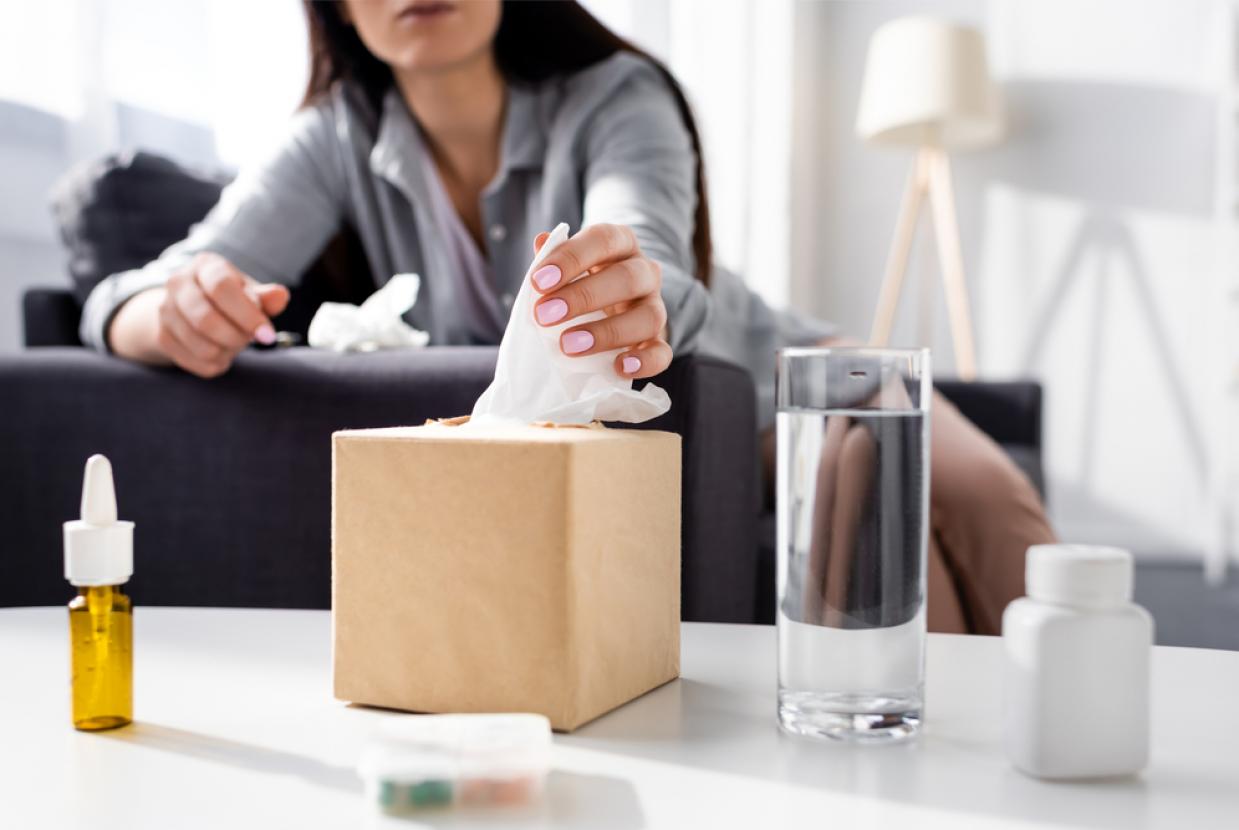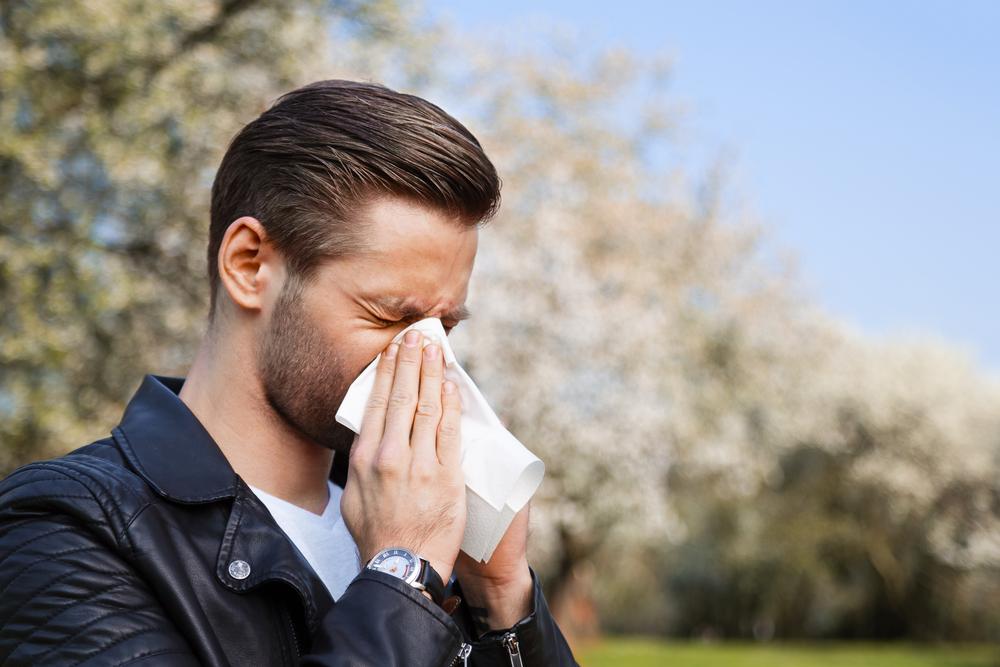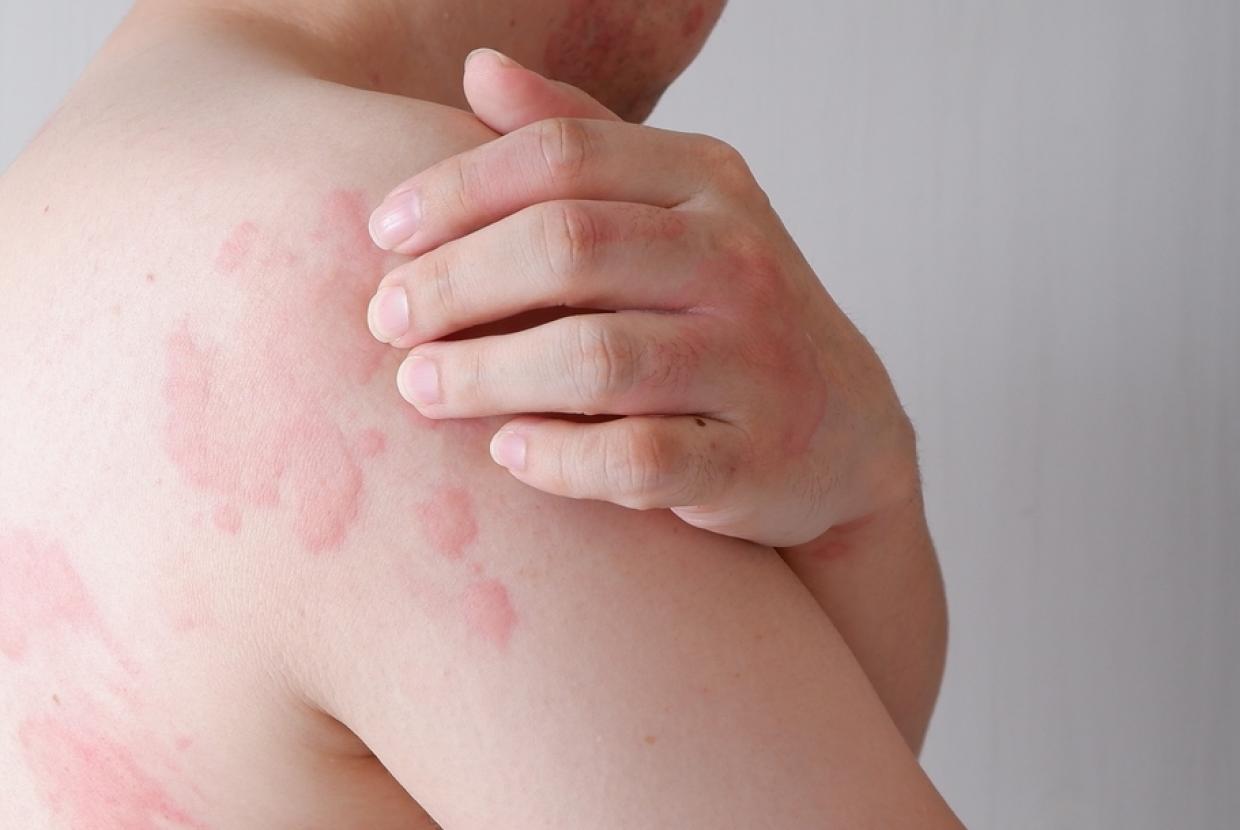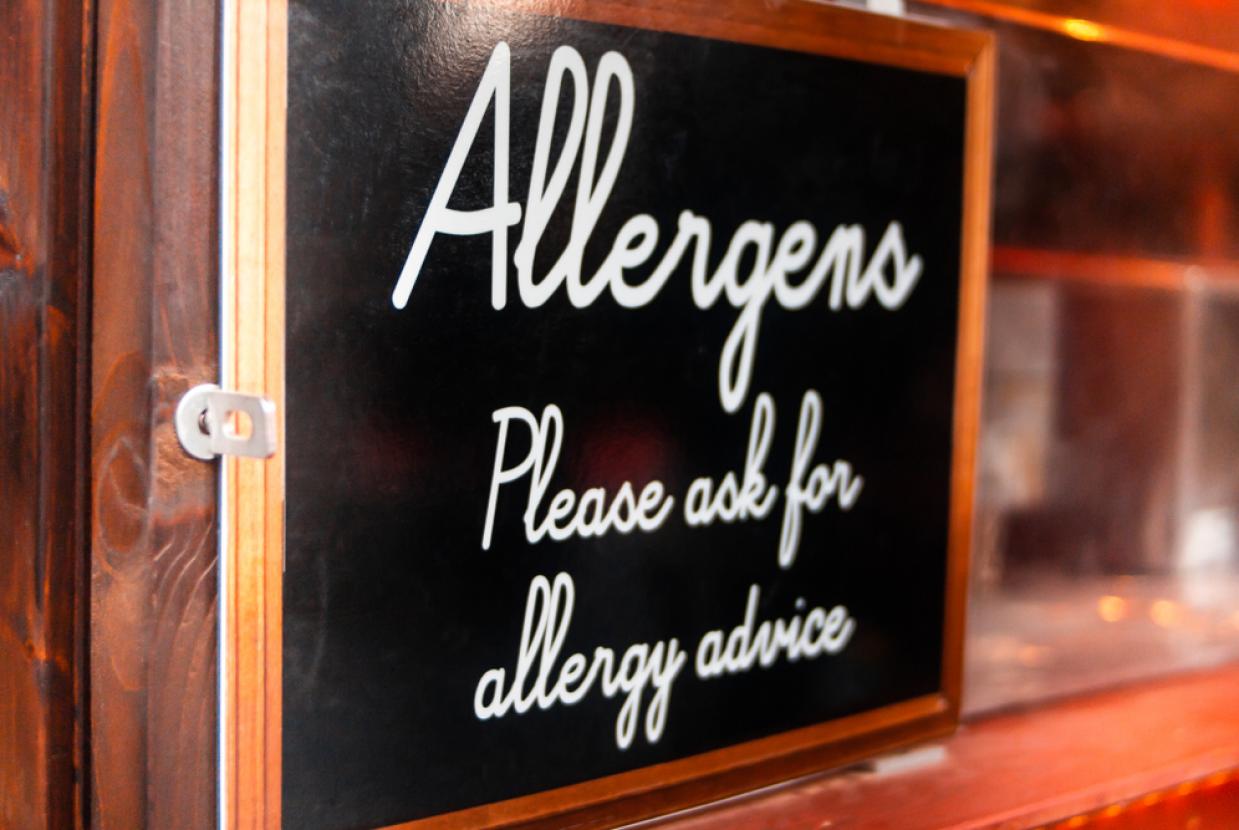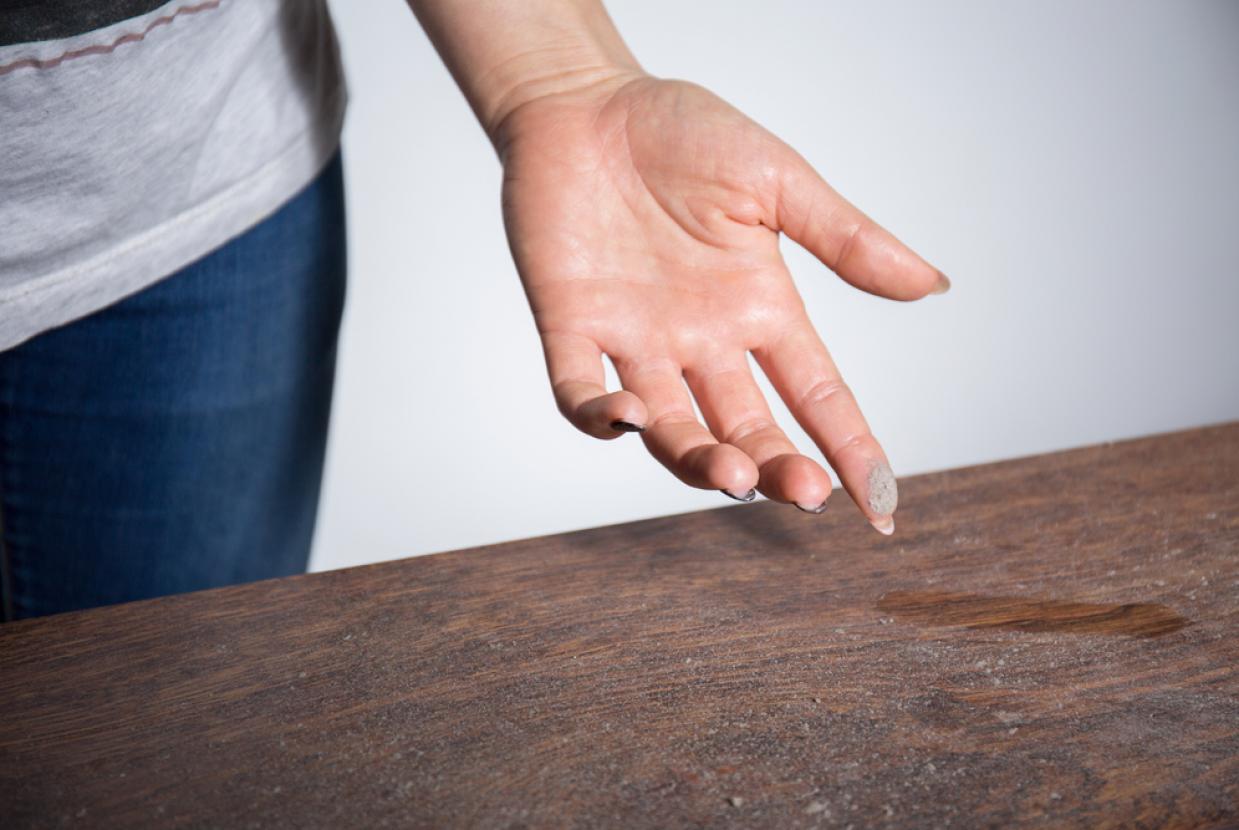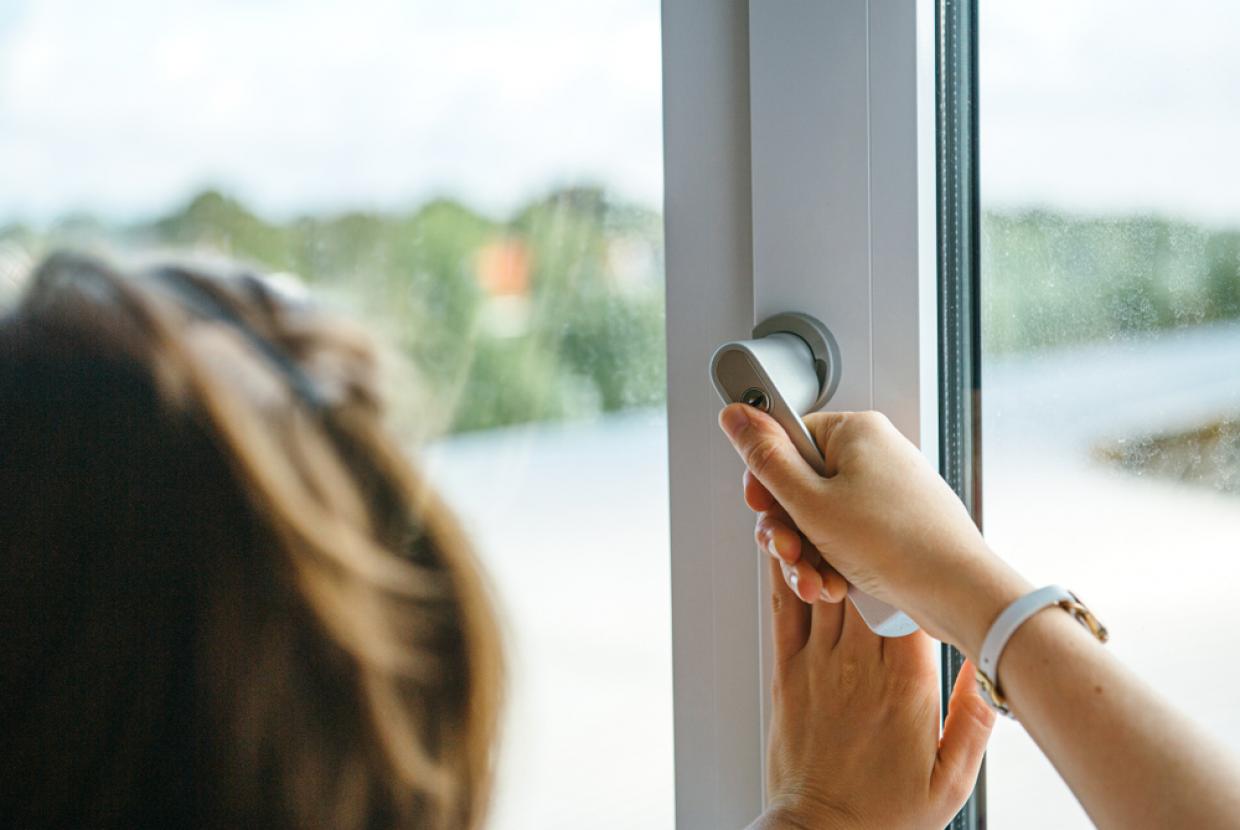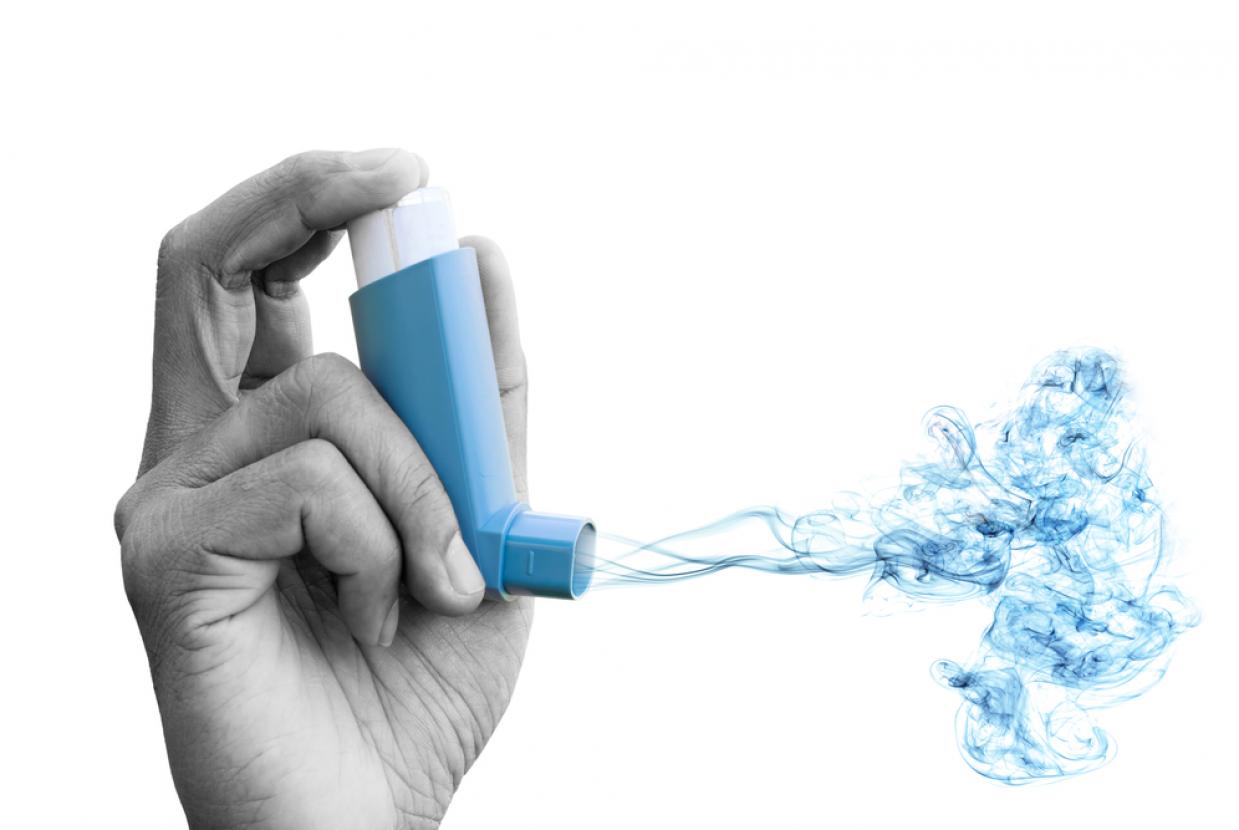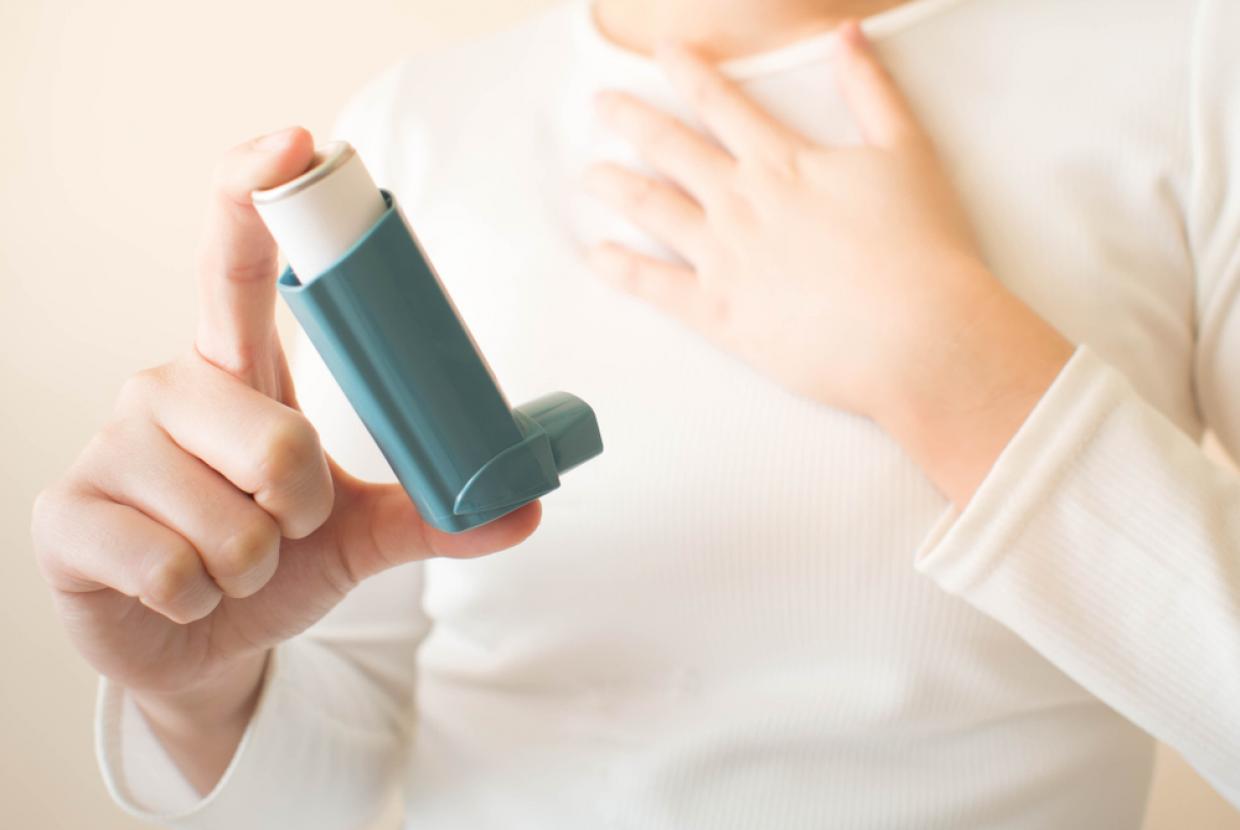At Home
Many of the allergens that cause an allergic reaction can be found in our own homes (and even our place of work). House dust mites, for example, are tiny creatures, just a quarter of a millimetre long. House dust mite allergy is very common and associated with asthma, eczema and perennial allergic rhinitis. Mites are found in carpets, soft furnishing and clothing but a significant amount of exposure to house dust mite allergens happens in bed. You can take measures to avoid house dust mite, which will help, but will not entirely remove dust mite allergens.
Mould is another culprit. It is the spores from the mould that can trigger allergic symptoms such as runny/itchy nose, itchy eyes, eczema and, most importantly, asthma. There are ways to avoid moulds – ventilation is key to help stop moulds flourishing in a damp environment.
And our domestic pets can also cause problems. Contact with our pets can lead to exposure to animal allergens and in the UK, pets are the second most important cause of allergy in the home and it’s not only cats and dogs. There can also be allergic reactions to other animals such as rabbits, hamsters and other furry domestic pets.
Good indoor air quality is crucial for human health and particularly important for vulnerable groups i.e. babies, children, the elderly, as well as people living with respiratory and allergic diseases.
A minimum of 9,000 deaths every year are attributed to indoor air pollution in the UK and indoor air levels of many pollutants may be 2-10 times higher than outdoor levels. This is shocking and we are encouraging everyone to use Clean Air Day as an opportunity to learn more about indoor air quality and why clean air matters. We need to act now to protect future generations by working together to find solutions to improve the quality of the air we breathe in our own homes.
Top tips to help alleviate symptoms in the home
- No matter how good the weather, keep your windows shut if possible. If the desire for fresh air becomes too overwhelming, open a window during the day as the pollen count is higher in the evening
- Cleaning the house regularly can help reduce allergens in the home. Vacuum carpets with a high efficiency air filter vacuum cleaner. To reduce exposure to house dust mites, wash bedding weekly at 60 degrees Celsius, while curtains should be washed every three months at the same temperature. Fabric covered furniture should be vacuumed twice a week
- Make sure you’re not carrying around dust and pollen on your clothes by drying your clean washing indoors, and then keeping wardrobe doors shut
- Pollen can stay on your skin and hair for a long time after you’ve been outside, so take a shower as soon as possible when you return home
- Pet hair carries airborne allergens including pollen so keep your pets out of the bedroom and off soft furnishings, even if they might get a little grumpy about it.


